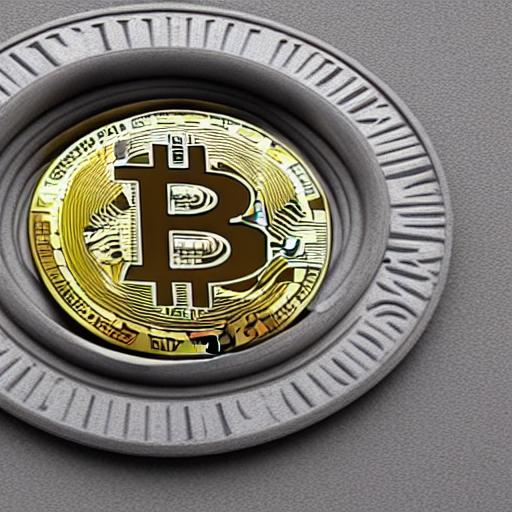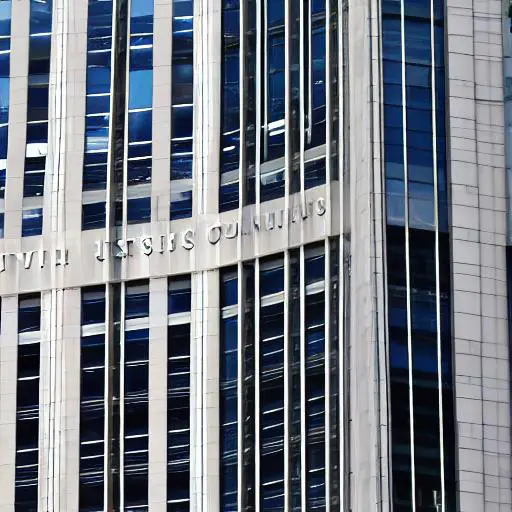Bahamas government officials closely worked with Sam Bankman-Fried and attempted to assist him in regaining access to key computer systems of bankrupt FTX Trading, according to FTX lawyers in a court filing before the failed crypto magnate was arrested on Monday.
According to the legal team in charge of FTX, the Bahamas requested that Bankman-Fried mint new digital coins worth hundreds of millions of dollars and then transfer those tokens to the control of island officials before he was barred from FTX systems.
The allegations intensify a conflict between Bahamas government officials and an American restructuring team that is attempting to seize FTX assets in order to pay creditors. The island nation’s liquidators have requested access to FTX data held by their American counterparts from a US judge.
It is a request for live, dynamic access that would be given right away to the Bahamas government and to Messrs. Samuel Bankman-Fried and Gary Wang, who are situated there and collaborating closely with Bahamian officials, American attorneys wrote in a court filing on Tuesday. Wang is a co-founder of FTX.
Following the filing of criminal charges against him by the US, Bankman-Fried was detained on Monday in the Bahamas.
Withdrawals from the Bahamas
A few days prior to the bankruptcy, on November 9, Bankman-Fried wrote in an email that he would be “more than happy” to open up withdrawals for all Bahamian customers, allowing them to be made whole. The company’s US lawyers cited this email in an attempt to portray a cosy relationship between Bankman-Fried and Bahamas authorities.
According to court documents, Bankman-Fried wrote: “It is up to you whether you want us to do this; however, we are more than happy to and would consider it the very least of our duty to the country, and could open it up immediately if you reply saying you want us to.
According to FTX’s US lawyers, $100 million started to leave the platform the following day.
Federal prosecutors, regulators, and the FTX bankruptcy team began looking into the collapse of Bankman-crypto Fried’s empire. Bankman-Fried handed over control of FTX to restructuring specialist John J. Ray III, a group of attorneys, and a team of financial advisors, who are scouring the company’s books for cash, cryptocurrencies, and assets that could be sold to help pay creditors.
Days after declaring bankruptcy in Wilmington, Delaware for about 100 units, FTX’s American restructuring team accused the Bahamian government of interfering with the US reorganization process.
In a court filing, American lawyers claimed that Bahamas officials were “responsible for directing unauthorized access” to FTX systems in order to seize control of digital assets under the jurisdiction of a US court, citing social media posts and text messages from Bankman-Fried and others.
Ray and his team watched as new coins were being produced as they attempted to take control of FTX’s computer systems. They came to the conclusion that Bankman-Fried and Wang were acting on behalf of the Bahamas.
The Liquidation War
The FTX attorneys also took issue with legal gimmicks used by Bahamas liquidators to extend the reach of their authority past the single FTX unit that is currently being liquidated by a Bahamian court. The liquidators have requested that the US judge compel their American counterparts to grant Bahamian attorneys access to trading platform data, email records, and other data kept on FTX systems.
An inquiry for comment was not immediately answered by a lawyer for the Bahamas liquidator.
The issue of how much respect the US team must accord the case in the Bahamas will also be contested by the two sides in federal court in January.
Creditors are repaid in US bankruptcy courts based on the priority of their debt, not their nationality. When a multinational corporation declares bankruptcy in the United States, a federal judge usually has the authority to distribute all of the company’s assets once a final reorganisation plan has been approved. When a company’s assets are inextricably linked to debt owed to foreign creditors, additional insolvency cases are filed outside the United States.
When this occurs, international legal battles can last for years, delaying payment to creditors.









